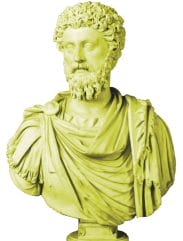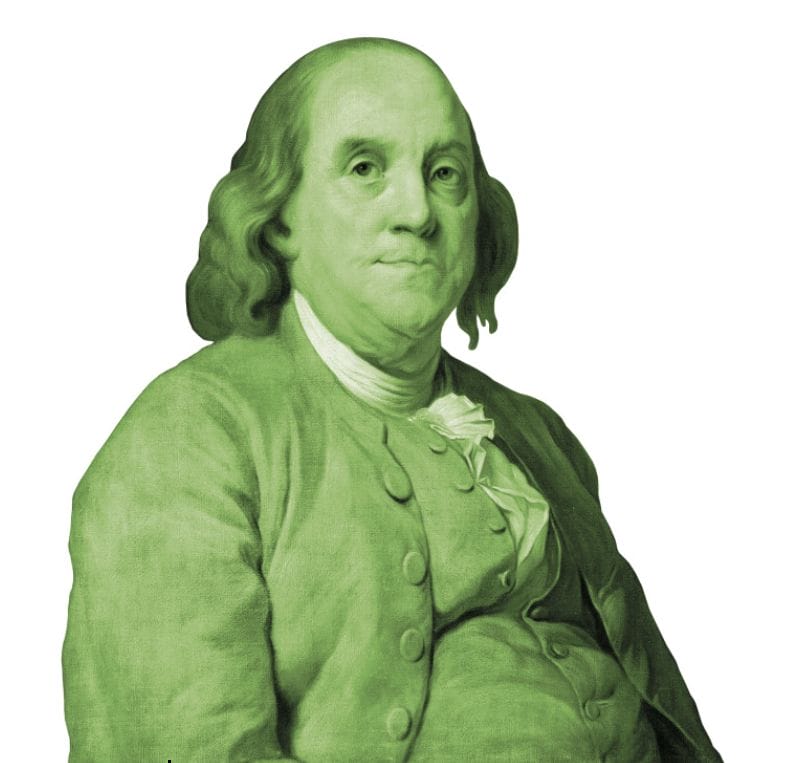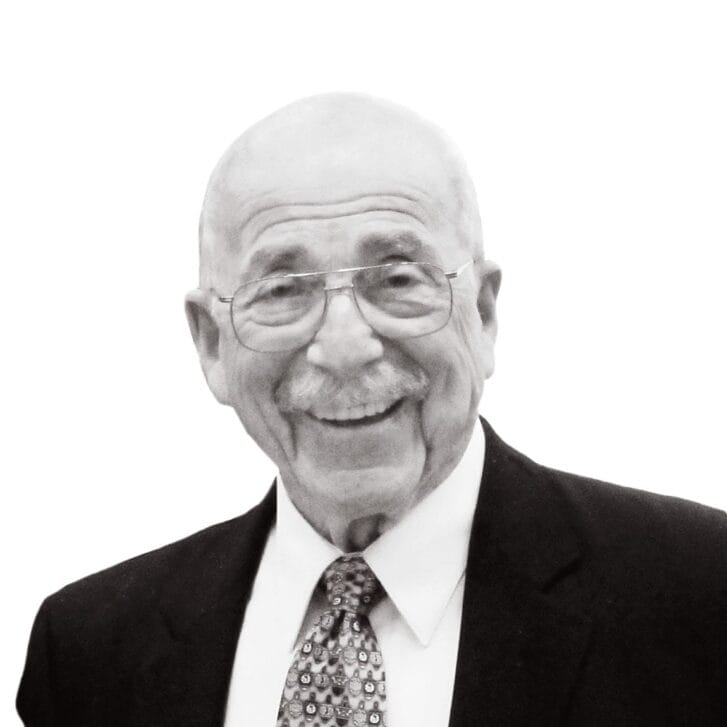There’s no shame in pondering your exact definition of “success,” no matter how many professional honors, cars, homes, happy children and partners, and gadgets you might have. At various stages of your life, it helps to take a step back and ponder what your goals are for the next stage of your life.
G. Richard Shell, Wharton’s Thomas Gerrity Professor and chair of the Legal Studies and Business Ethics (LGST) Department, has devoted some of his teaching to helping students understand their own theories of success. Author of Springboard: Launching Your Personal Search for Success, he has taught about success for a decade on campus. His LGST 227 course, “The Literature of Success: Ethical and Historical Perspectives,” helps students answer two age-old questions: What does it mean to be “successful”? How can you achieve success?
Shell’s top suggested readings—along with resources such as personality assessments—let you examine your personal strengths, traits, and achievement orientations. When you finish, you might attempt Shell’s final “assignment”: Write an essay on your theory of success and how you plan to achieve it.

19 Mar 2014, Washington, DC, USA — Supreme Court Justice Sonia Sotomayor in her office chambers at the Supreme Court in Washington. Sotomayor is the Court’s 111th justice, its first Hispanic justice, and its third female justice. — Image by © Brooks Kraft/Corbis
Meditations
The literature of success is hardly new. One of the earliest self-reflections on record is what essentially is Roman Emperor Marcus Aurelius’ diary, written in large part when he was serving on military campaigns. A “philosophy of life” from the Ancient Greek and Roman worlds, stoicism centers around the understanding that the natural world is out of our control. Does this belief provide you any serenity? Pick out a “most favorite” and “least favorite” quote from this classic.
Benjamin Franklin’s Autobiography
The last time you read this may have been eighth grade, and all you may remember is how hard to follow it was. Give it another chance—with a particular focus on his relationships with his family, his term “errata” (the mistakes he made in his life) and his youthful obsession with a list of 13 personal virtues. For homework, Shell requires his students to pick one of Franklin’s virtues and practice it all semester. You can pick your own, practice it diligently, and then report your successes and failures to a close friend or family member.
VIA Survey of Character Strengths
Developed by Penn’s Positive Psychology Center, this online assessment will order your 24 “Character Strengths.” Take it here. Take note of your top five and your bottom five virtues.
The Happiness Hypothesis and The Power of Habit
Both of these books serve as centerpieces in the discussion about virtues, vices and other habits. Why can’t our conscious intentions overcome our non-conscious impulses? How can we rid ourselves of bad habits and replace them with positive ones?

01 Jan 1956 — Original caption: 1/1/1956-Arthur Miller, American playwright (1915-) Head and shoulder, photo 1956. — Image by © Corbis
The 7 Habits of Highly Effective People
Stephen Covey’s classic is worth a reread in the context of Professor Shell’s course—particularly in comparison to Franklin’s tome. Covey viewed his effort as a revitalization of Franklin’s classic approach to success. But note the differences: e.g., religion, outward behavior. Then ask yourself: Which of the seven habits do I most relate to?
Death of a Salesman
Watch the original Broadway cast production of Arthur Miller’s classic. Ask yourself: Has your family provided a burden with their expectations for your success, or unconditional support?
My Beloved World
Sonia Sotomayor’s 2013 memoir tells the Supreme Court Justice’s rags-to-riches story. Her rise from a modest background to the highest court in the land is a testament to the power of education—and to the fact that power can equate to success as much as wealth. But ask yourself: Do you think Sotomayor is really happy?

ca. 161-180 A.D. — Emperor Marcus Aurelius — Image by © Araldo de Luca/Corbis
StrengthsFinder
Another exercise during the class involves taking Rath’s StrengthsFinder 2.0 online personality profiler (Here: https://www. gallupstrengthscenter.com/Purchase/en-US/Index). There’s a slight charge for it ($15). Another option is the SAME profile in Professor Shell’s Springboard. Your homework afterward: Survey your network of friends and family about what they feel are your virtues and talents—and how these qualities match your choice of work.
Final Assignment:
What is my personal theory of success, and how will I achieve it?
Care to share?
Submit your final paper to us at magazine@wharton.upenn.edu, and we will share it with Professor Shell and, with your blessing, perhaps the wider Wharton community as well.
Published in the Spring/Summer 2016 issue of Wharton Magazine.


























